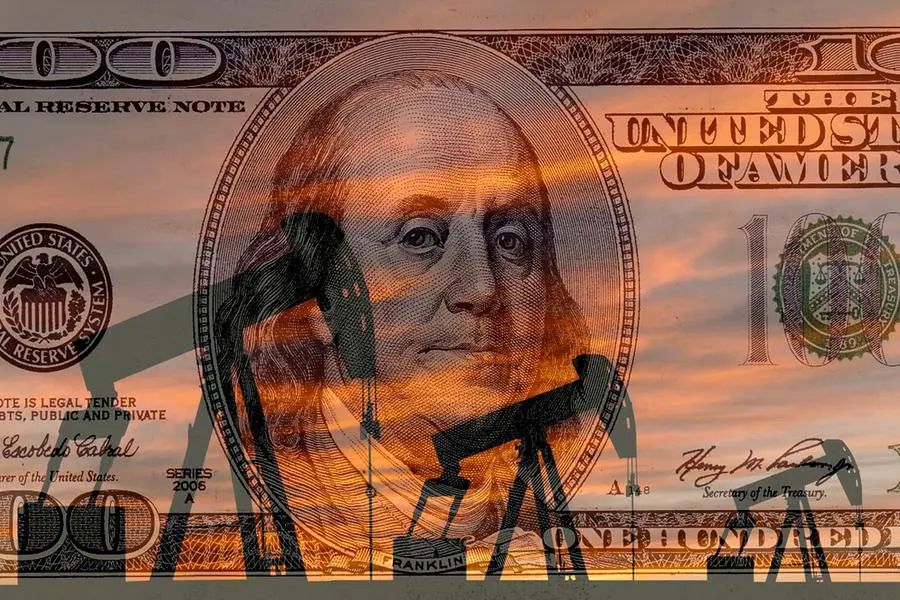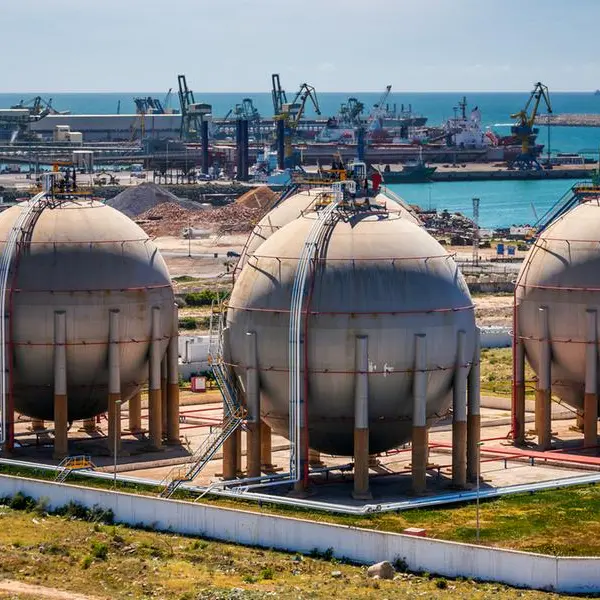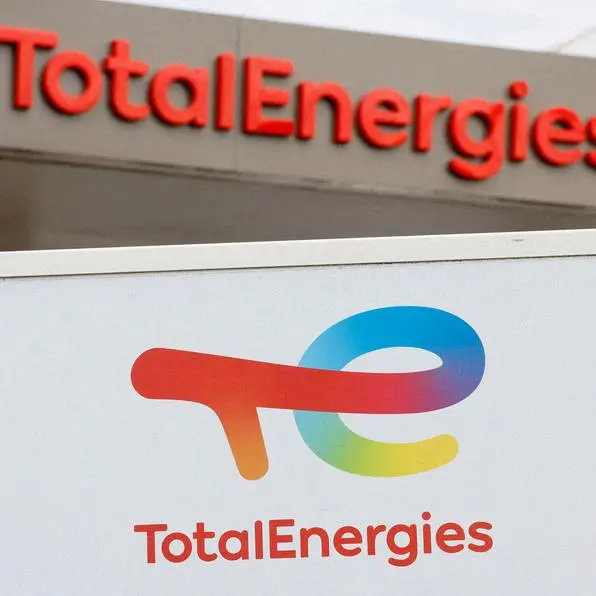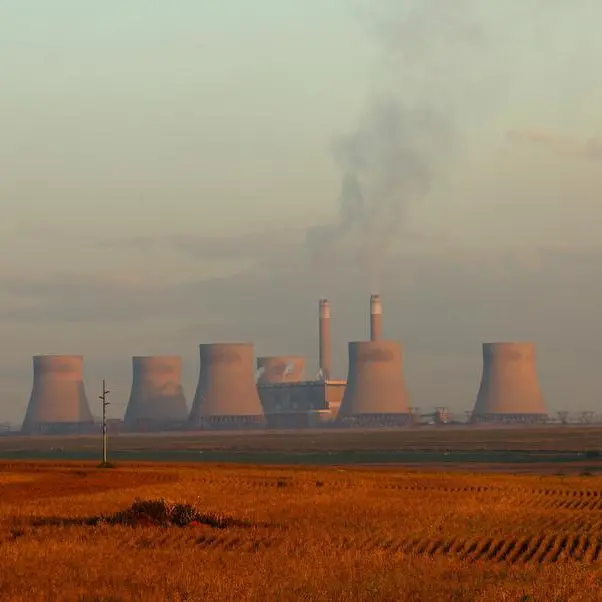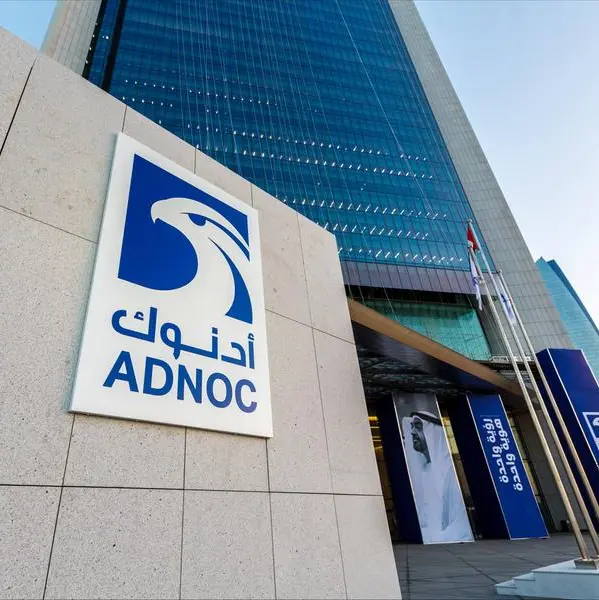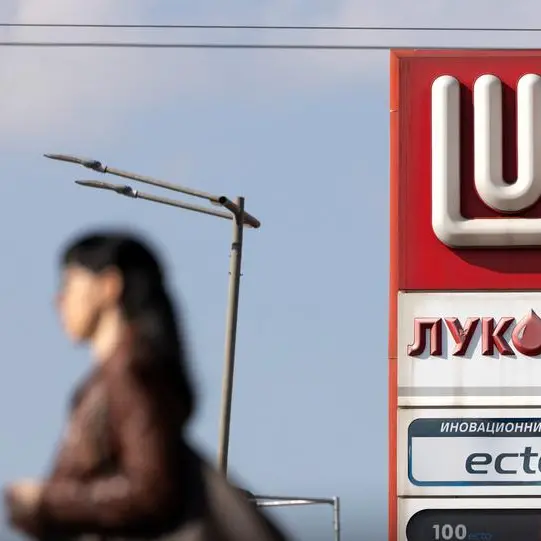PHOTO
OPEC producer Kuwait may need an average oil price of $100 to finance a spiralling budget deficit in the next few years due to high spending, a Kuwaiti think-tank said.
A spending programme adopted by the present government projects a cumulative shortfall of 45-60 billion Kuwaiti dinars ($148-198 billion) in the next five years, Al-Shal Centre said in a report published on Monday.
High spending set in the programme could also mean that the deficit may stay at as high as KWD13 billion ($43 billion) annually by 20233, the report warned.
“This means Kuwait’s financial position will need an average oil price of more than $100 a barrel so the deficit will not spiral out of control,” the report said.
It noted that oil prices increased by around 2.8 times from around $29 in 2000 to $82 in 2023 while actual public spending surged by 6.5 times from nearly KWD4 billion ($13.2 billion) to KWD26.3 billion ($86.8 billion).
“There is a need for fiscal reforms, which must include a revision of the role of the country’s sovereign wealth fund…the SWF’s role must be changed so it will become a key source of income as is the case of the Norwegian SWF,” the report said.
(Writing by Nadim Kawach; Editing by Anoop Menon)
(anoop.menon@lseg.com)
(anoop.menon@lseg.com)Subscribe to our Projects' PULSE newsletter that brings you trustworthy news, updates and insights on project activities, developments, and partnerships across sectors in the Middle East and Africa.
